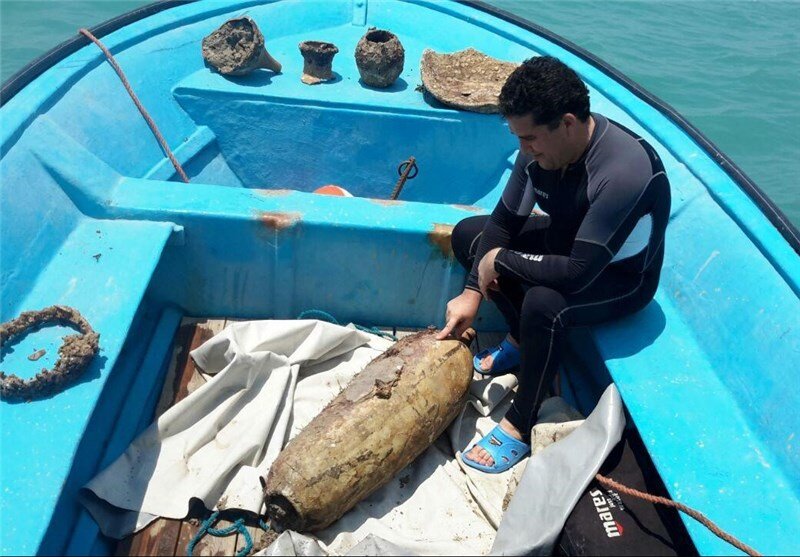Archaeologists to commence underwater survey in Persian Gulf

TEHRAN – Underwater archaeological surveys will begin in the Persian Gulf, near Bandar Mahshahr, a port city in the southwestern Khuzestan province, a local tourism official has said.
From the Paleolithic to the contemporary period, there are works and artifacts in this region that deserve further study, Sara Ebadi explained on Wednesday.
Back in December, an Iranian tourism official announced that Iran and China signed a memorandum of understanding (MOU) to expand cooperation in the underwater archeological excavations in the Persian Gulf.
By using these MOUs Iran inks with other countries including China, there is hope that the country can strengthen underwater archaeology, the official said.
Underwater archaeology has many limitations and challenges, but Iranian authorities attempt to grow and develop this field in spite of these problems, she noted.
However, the budget problem still exists, and research budgets for this field of archaeology are heavy at the moment, she added.
The Persian Gulf is a shallow, epi-continental sea approximately 1,000 km long and 200-350 km wide, narrowing to about 60 km across at the Straits of Hormuz. According to Encyclopedia Iranica, to date, no Neolithic remains have been found anywhere along the Persian Gulf coast of Iran. The earliest archaeological remains yet identified on the coast of Iran consist of sherds of Mesopotamian Ubaid type picked up by M. E. Prickett and A. Williamson on the surface of Halilah, a prehistoric site on the Bushehr peninsula.
The Persian Gulf has always been a source of pride and honor for Iranians. For thousands of years, the people of Iran have lived alongside the Persian Gulf and have enjoyed its endless benefits.
In addition to having vast resources of energy and economic significance, the Persian Gulf has an ancient and unique history and culture.
The southern Iranian gulf has been referred to by historians and ancient texts as "Persian" since the Achaemenid Empire was established (550 BC) in what is now modern-day Iran.
According to the book “Documents on the Persian Gulf's Name, the Eternal Heritage of Ancient Time,” the term Persian Gulf and its equivalents have been used continuously since earlier than 400 BC in all languages, especially in the Arabic language.
On almost all maps printed before 1960, and in most modern international treaties, documents and maps, this body of water is known by the name "Persian Gulf."
ABU/
